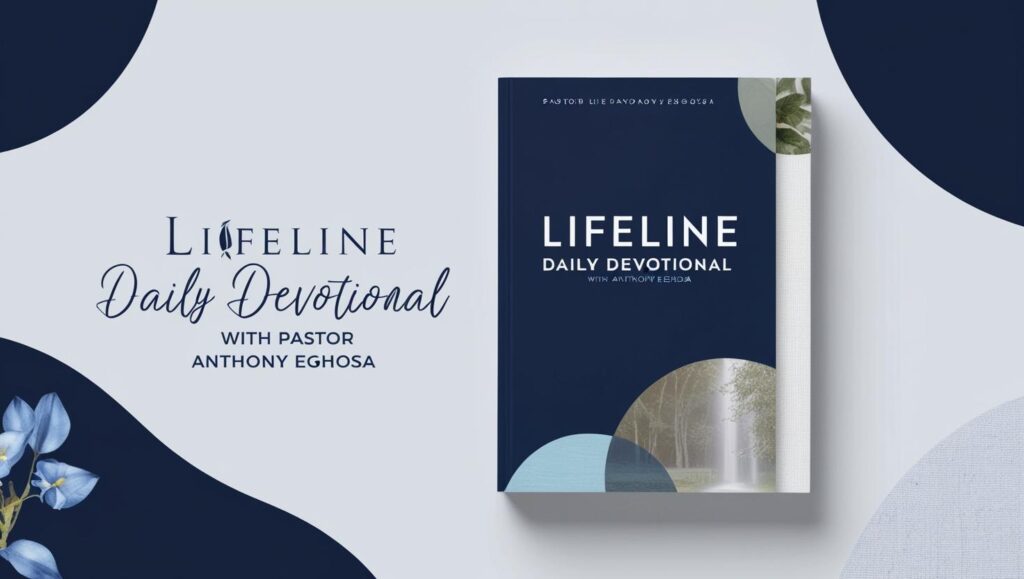Key Verse
“Stay here with the donkey while I and the boy go over there. We will worship and then we will come back to you.” — Genesis 22:5 (NIV)
Introduction
Wilderness experiences are not just seasons of trial—they are opportunities to ascend to a new level of worship. True worship is often proven not only by songs we sing but also by the sacrifices we are willing to make.
Message
1. The Call to Worship Through Sacrifice
In Genesis 22, God asked Abraham to go into the desert and sacrifice his beloved son, Isaac—the very child through whom God’s promises were to be fulfilled. Imagine the weight of this instruction: to lay on the altar the very thing you’ve waited for all your life.
Yet Abraham’s response was immediate and resolute. He said to his servants, “Stay here… I and the lad will go yonder and worship, and we will come again to you.” (Genesis 22:5 KJV)
Abraham called this radical act an act of worship. He understood that worship isn’t simply about words—it’s about surrender. Worship at its highest level is when God becomes more valuable to you than His gifts.
2. The Test of the Heart
As Abraham was about to offer up Isaac, God supernaturally intervened at the altar, revealing that the entire experience was just a test:
“Do not lay a hand on the boy… now I know that you fear God, because you have not withheld from me your son, your only son.” (Genesis 22:12)
Abraham demonstrated that his love for God surpassed his love for the promise. He trusted that even if Isaac had to die, God could raise him again. His faith was that deep.
3. The Reward of Worshipful Obedience
Abraham not only returned with his son but with a renewed covenant:
“Because you have done this and have not withheld your son… I will surely bless you and make your descendants as numerous as the stars in the sky…” (Genesis 22:16-17)
True worship births multiplied blessings. The deeper your surrender, the greater the release of God’s purposes in your life.
4. Worship in the Wilderness
Abraham’s wilderness altar wasn’t an isolated example.
- David composed some of his most heartfelt psalms in the wilderness while hiding from King Saul.
- The Apostle John was exiled to the barren Island of Patmos when he received the Revelation of Jesus Christ.
It is often in lonely places—where comfort is stripped away—that we experience the most profound encounters with God.
Conclusion
Your wilderness can become your altar. You can choose to complain, murmur, and resist, or you can choose to worship your way through it. The choice is yours.
When you build an altar of worship in the desert—offering your dreams, your talents, your visions, and everything you treasure—you rise to a new level of intimacy, revelation and blessing.
Practical Reflection
- What is God asking you to lay on the altar in this season?
- How can you turn your desert into a place of worship?
- Are you holding tightly to the gift, or are you trusting the Giver?
Prayer Points
- Lord, help me to love You more than Your blessings and to surrender fully to Your will.
- Father, teach me to worship in every season, especially in the wilderness.
- Holy Spirit, empower me to lay all on the altar and trust that You will provide and sustain me.
Further Study
- Genesis 22:1-19
- Psalm 63:1-8 (David’s worship in the wilderness)
- Revelation 1:9-18 (John’s encounter on Patmos)
- Hebrews 11:17-19

